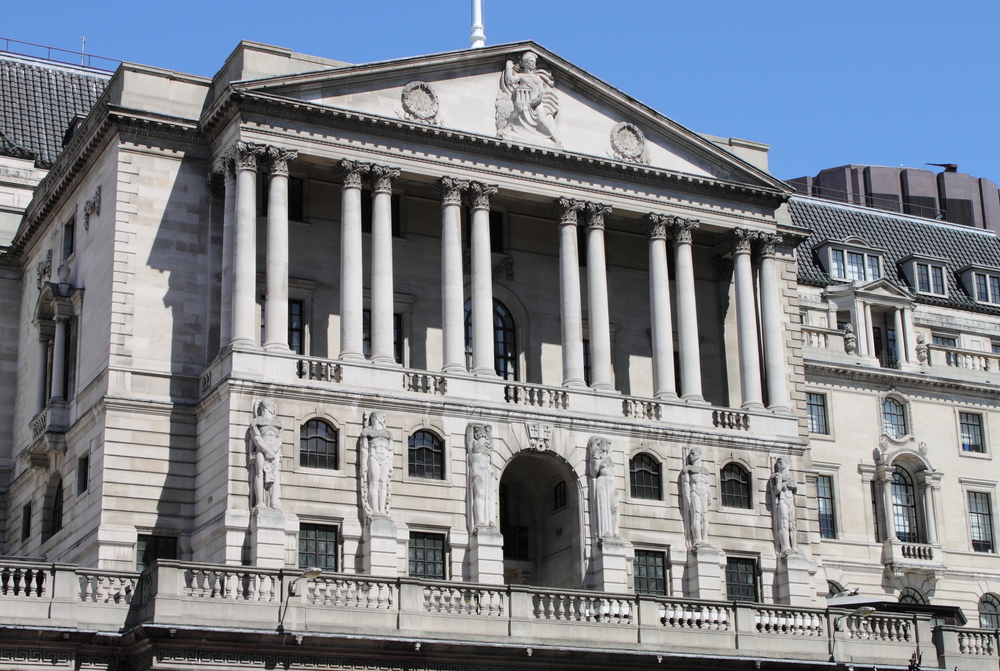The Bank’s Monetary Policy Committee (MPC) voted unanimously to keep rates at 0.1 per cent – the lowest in its history – again dodging rumours of rates turning negative.
Minutes from the meeting noted that previous assumptions of any change in monetary policy would be conditional on an “orderly move to a comprehensive free trade agreement with the European Union on 1 January 2021”.
Once this had been set, UK GDP was projected to continue to recover from its trough in April.
But the unemployment rate was projected to rise and the inflation rate was expected to hit target of two per cent in two years’ time.
The committee added that while the number of furloughed workers has continued to decline; standing at 3.5 million in August from its 9.6 million peak, “considerable uncertainty remains around the labour market after the government job support schemes unwind”.
The minutes read: “On the one hand, GDP had recovered by slightly more than had been expected, which would support labour demand. On the other hand, employment survey balances and the stock of job vacancies had remained weak. Given that recent shifts in the pattern of consumption spending had occurred much more quickly than in previous periods of structural change, employment in the worst-affected sectors could fall to a greater extent than envisaged.
“The path of growth and inflation will depend on the evolution of the pandemic and measures taken to protect public health, as well as the nature of, and transition to, the new trading arrangements between the European Union and the United Kingdom. It will also depend on the responses of households, businesses and financial markets to these developments.
“Recent domestic economic data have been a little stronger than the Committee expected at the time of the August Report, although, given the risks, it is unclear how informative they are about how the economy will perform further out. The recent increases in Covid-19 cases in some parts of the world, including the United Kingdom, have the potential to weigh further on economic activity, albeit probably on a lesser scale than seen earlier in the year.
“At this meeting, the committee judged that the existing stance of monetary policy remains appropriate.”
‘Possibility of lower rates in future can’t be ruled out’
Rachel Winter, associate investment director at Killik & Co, said: “The rumours of negative interest rates continue to rumble on but, in welcome news for UK savers, they are yet to become a reality.
“The last few months have seen businesses reopen and consumer spending ticking upwards, and at this stage is seems the Bank of England does not see a further interest rate reduction as necessary.
“The Bank will also be mindful of the recent weakness in sterling, which would likely be exacerbated by a further reduction in rates. However, there remains the prospect of significant job losses when the furlough scheme comes to end next month which will inevitably put further pressure on household finances, so the possibility of lower rates in future cannot be ruled out.
“As we have seen over the last decade, lower interest rates can have the effect of enticing more savers into the stock market as they seek to earn a return on their savings.”
















